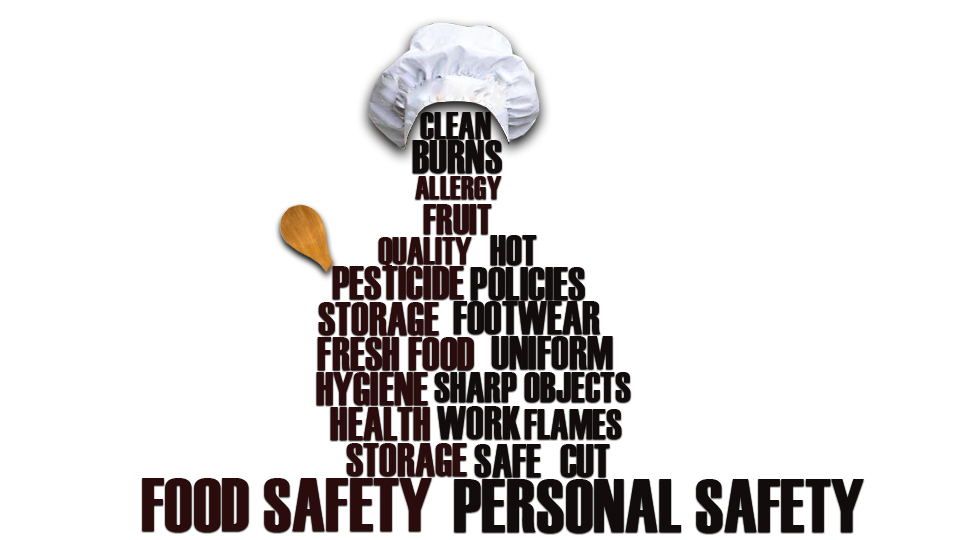While most people view the physical safety of passengers as a priority, what happens deep in the belly of the cruise ship can also gravely affect them. Cruise ship chef jobs lay as much focus on cooking as they do on safety in the galley to ensure the smooth functioning of the food service operation.
The two main kinds of safety in the galley are food safety and personal safety
Food safety
With thousands of people within such close proximity to each other, it is easy for germs to spread, even bacteria from food. Food-related illnesses such as norovirus or E.coli have spread to epidemic proportions on ships as cross-contamination occurs easily from one passenger to the next. So it is ideal to reduce risks at the source itself.
All food on board ships are required to meet certain safety standards. Your culinary institute will teach you the best practices to keep edible items fresh and germ-free. Temperatures in the galley and more importantly storage areas are vital, as ships go into port once every few days. Food must be stored at temperatures that kill, or at least discourage, the growth of germs that can cause illnesses.
Cruise ship chefs learn how to prevent cross-contamination through good cooking and hygiene practices. Consistently keeping the work space clean ensures food that’s ready to be served is safe from germs that may be on raw produce.
Safety measures also need to be taken when handling food during service, and also when cleaning and sanitising dishes, equipment, storage containers and food preparation areas.
Personal safety
Staying safe while at work allows for better efficiency. A cruise ship chef’s job requires full attention when using knives and choppers so there is less chance of serious injury. It’s also important to ensure that your hands are dry when using electrical equipment such as blenders while dangerous parts such as blades are secure before switching the device on.
On ships, chefs have a few more safety measures compared to their land-based counterparts. Pots should never be filled to the brim so hot liquid does not splash around. Chefs are also advised to never heat grease in an oven in case it overheats and catches fire.
It’s important for chefs to wear their uniform so they are protected from accidentally spilled hot liquids or burns. Proper footwear is also important to keep feet and toes safe from hot gravies or heavy vessels. Any spills are cleaned up immediately to avoid people slipping and falling.
Cruise ships add an additional layer of safety by avoiding any open flames in the galley. All stoves, ovens and even grills are electric as fire is one of the biggest hazards on board. In addition, fire extinguishers are within easy reach in all galleys and food preparation areas, and all staff are trained how to use them.
There are many measures that cruise companies insist on regarding safety on board, particularly in the galleys. Staffs receive regular training to keep them up-to-date with new regulations and also to refresh their memory when joining on new contracts. This ensures fewer injuries and better work efficiency.


